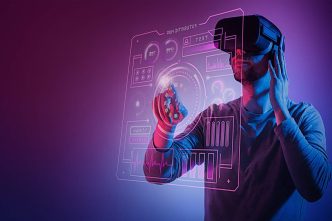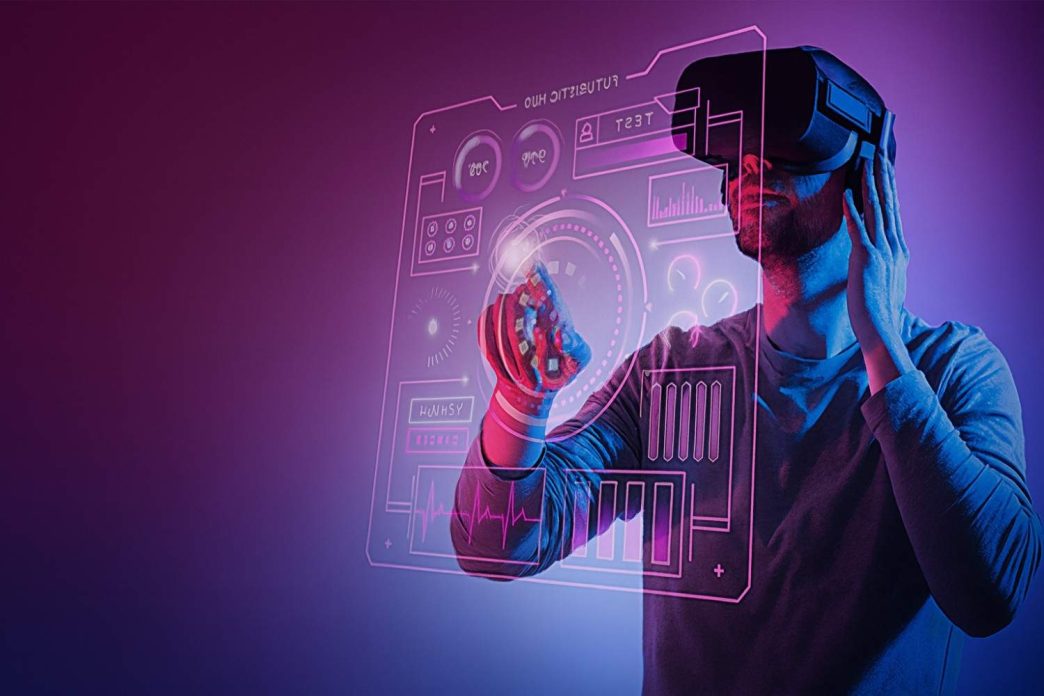Discover what Artificial Intelligence is, how it works, real-life examples, benefits, and its growing impact across industries in 2025.
What is Artificial Intelligence?
Artificial Intelligence enables machines and software to carry out tasks that typically demand human cognitive abilities.
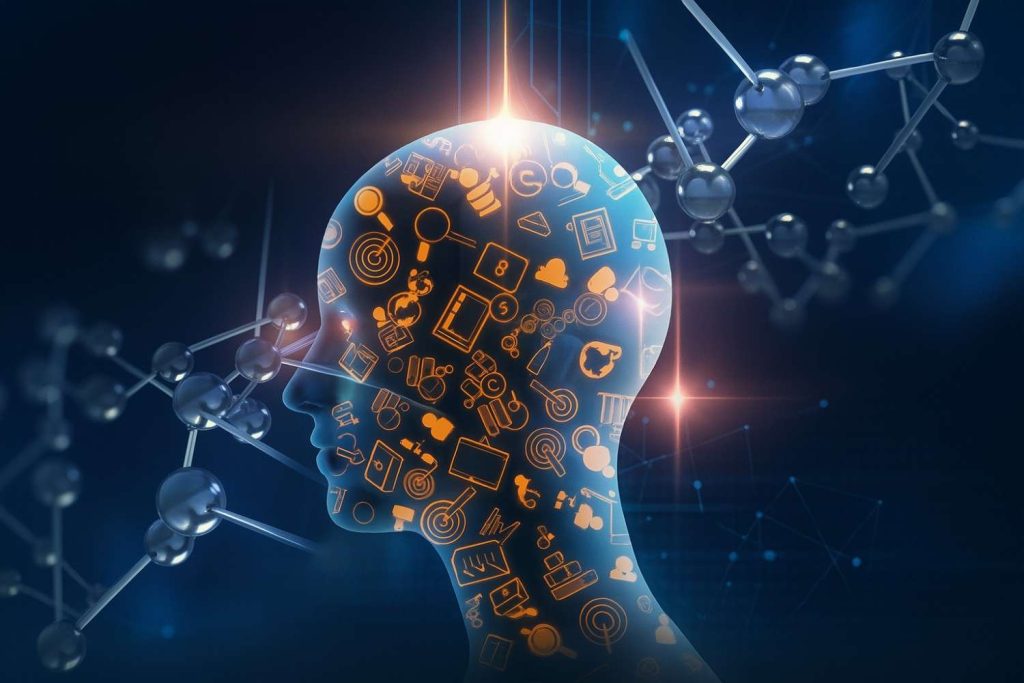
This includes:
- Learning from experience
- Solving problems
- Understanding language
- Recognizing patterns
- Making decisions
In simple terms, AI makes machines smart.
How Does Artificial Intelligence Work?
AI works using algorithms, data, and computing power. The two most common techniques are:
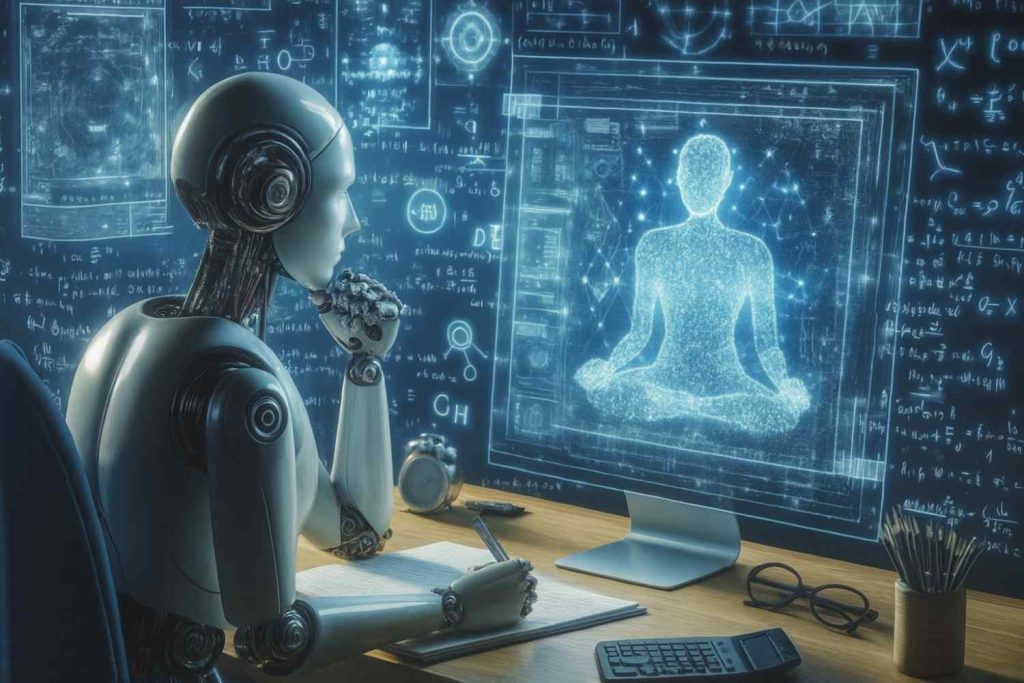
- Machine Learning (ML): AI learns from data to make predictions.
- Deep Learning: A more advanced form that uses neural networks, like the human brain, to process complex data such as voice or images.
Where is Artificial Intelligence Used?
Artificial Intelligence is used in almost every industry:
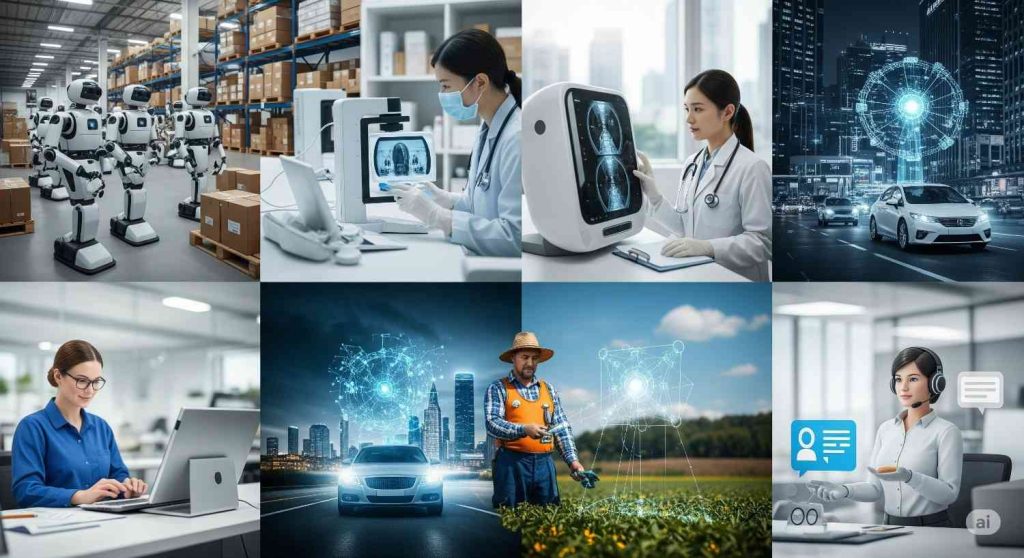
- Healthcare: Disease detection, medical imaging, robotic surgeries
- Finance: Fraud detection, automated trading, loan approvals
- Education: Personalized learning, grading automation
- Transport: Self-driving cars, route optimization
- Retail: Product recommendations, virtual assistants
- Customer Service: Chatbots, automated help desks
Benefits of Artificial Intelligence

- Saves time and increases productivity
- Reduces errors and improves accuracy
- Works 24/7 without breaks
- Automates repetitive tasks
- Makes data-driven decisions
Risks and Challenges
- Job displacement due to automation
- Bias and unfair decisions from flawed algorithms
- Lack of transparency in how AI works
- Data privacy and misuse concerns
That’s why ethical AI development is essential.
The Future of Artificial Intelligence in 2025
In 2025, AI will become even more powerful, accessible, and human-like. We’ll see:
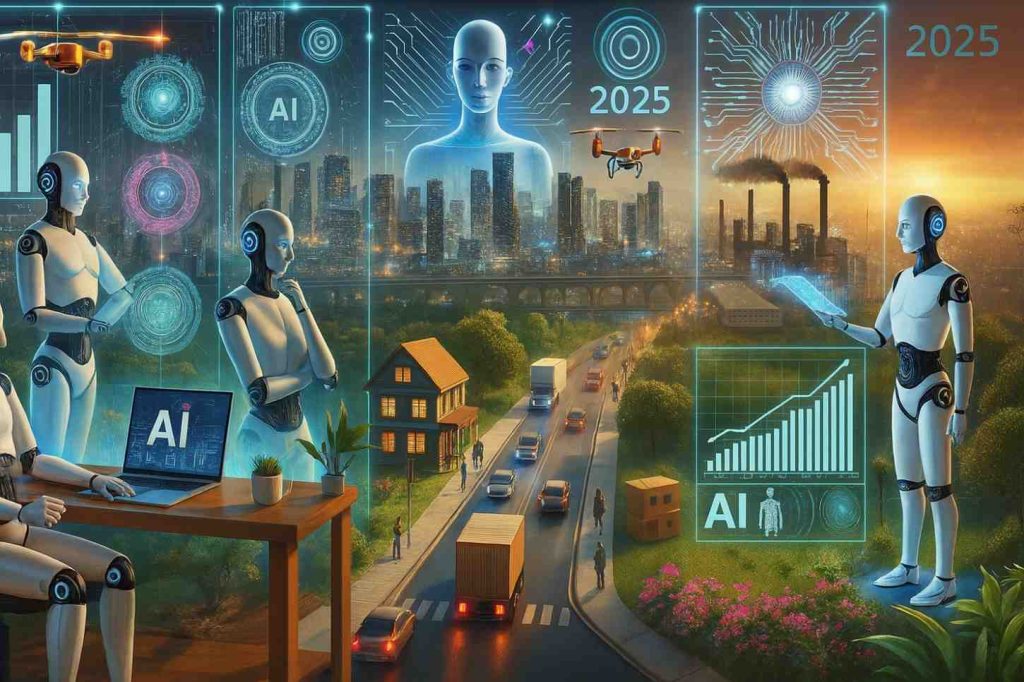
- More personalized virtual assistants
- Widespread use of AI in education and healthcare
- Growth of agentic AI (AI that acts independently)
- Integration of AI with robotics, IoT, and smart homes
The challenge will be ensuring AI remains safe, ethical, and human-centered.
Frequently Asked Questions (FAQ)
1. What is Artificial Intelligence in simple words?
Artificial Intelligence is technology that allows machines to think and act like humans—learning from experience, solving problems, and making decisions.
2. What are examples of ?
Examples include voice assistants (like Siri), self-driving cars, facial recognition, fraud detection in banks, and personalized Netflix recommendations.
3. Is Artificial Intelligence dangerous?
AI is not dangerous by itself, but unethical use or lack of regulation can lead to problems like bias, data misuse, and job loss.
4. Will AI replace human jobs?
AI may replace some repetitive or manual jobs,but it will also create new roles in AI development, data analysis, and tech support.
Swing Trading Screener Explained: How to Set Up, Use, and Profit from the Right Tools as a Beginner,
5. Can I learn Artificial Intelligence as a student?
Yes! Many free and paid online courses (like Coursera, edX, and YouTube) can help you learn AI, machine learning, and coding from scratch.
6. What is the difference between AI, Machine Learning, and Deep Learning?
- AI is the overall concept of machines showing intelligence.
- Machine Learning is a subset of AI that learns from data.
- Deep Learning a subset of machine learning, is designed to replicate how the human brain processes information.
Final Thoughts
AI is no longer a technology of tomorrow—it’s actively shaping our lives today. From daily tasks to major industries, AI is making everything smarter and more efficient. But as AI grows, so must our responsibility to use it wisely.
In today’s world, understanding Artificial Intelligence has become a necessity rather than a choice.
